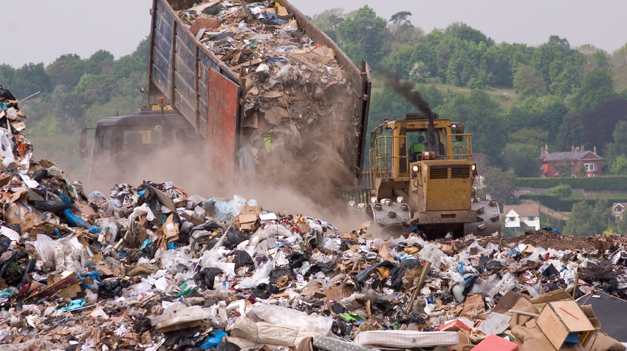
A multi-million pound project to shift waste from Northern Ireland to the Republic of Ireland begins this month. It is estimated that 250,000 tonnes of waste dumped illegally in Northern Ireland will be dug out and taken back over the border.
Infraction
This operation follows infraction proceedings taken by the European Commission against both the UK and the Republic of Ireland on the basis that the dumping of waste at Slattinagh, near Garrison, Co Fermanagh, breached the Waste Framework Directive as well as the Regulation on Transfrontier Shipments of Waste. When that site is completed a further 10,000 tonnes of waste will be removed from a second site located in Trillick, Co Tyrone. The waste was dumped early in this decade.
The infraction proceedings led to an agreement by the authorities in Northern Ireland and the Republic on the repatriation of the waste under a costs’ sharing agreement. The majority of the bill (around 80% of the cost) for site works and transportation for waste at the initial two sites will fall upon the Republic. The estimated cost for the two sites is £1.65m. However, an unknown number, around 20, sites are affected in total and the final bill could be as much as £30m.
Agreement
The waste is household waste from waste management contracts issued by local authorities in the Republic of Ireland. The rotting organic waste will be transferred to an approved landfill facility in Ballynacarrick Landfill, Co Donegal in what the Northern Ireland Environment Agency (NIEA) describe as “a long and complicated operation”. Government in the Republic will meet the disposal costs in full.
It is understood that five convictions (four against landlords) in Northern Ireland have resulted in £1.6m in fines. The assets Recovery Agency has secured £1.5m in confiscated assets.
In a press statement, John McMillen, chief executive of NIEA, said:
“This project marks the beginning of a long and complicated operation that will require careful planning and management. The efforts of NIEA officials and their Dublin City Council colleagues are now paying off as the waste begins to move.”
ERIC advised the Department of the Environment (Northern Ireland) on the drafting of the agreement for the repatriation of the waste.







